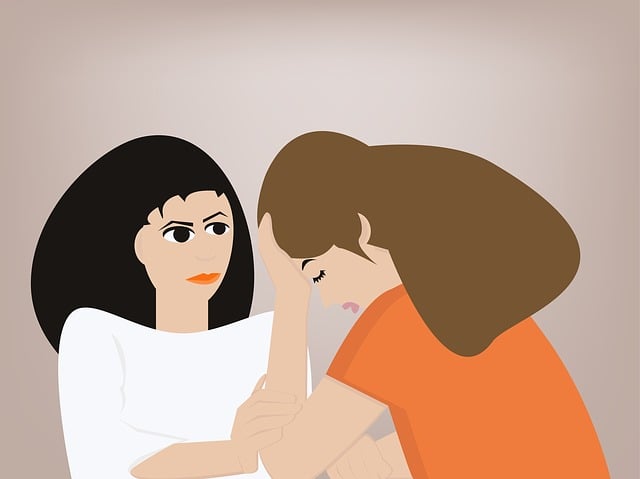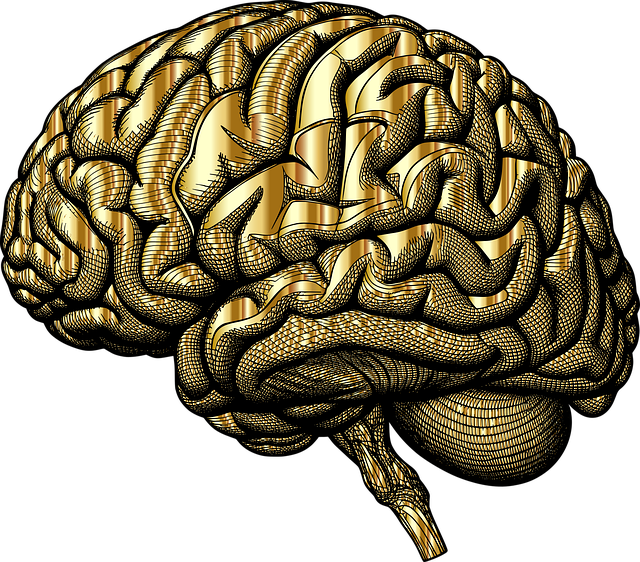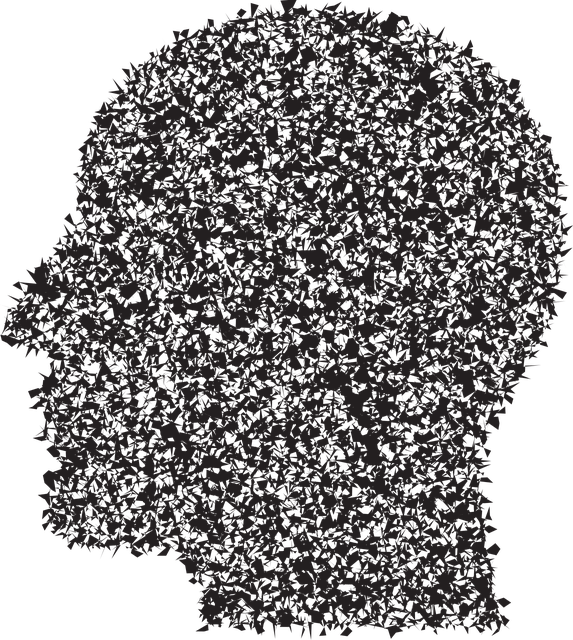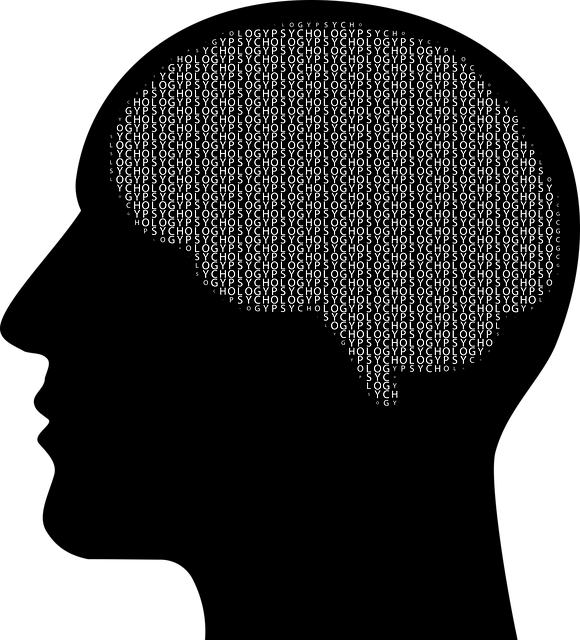Lone Tree ADD-ADHD Therapy is revolutionizing mental health care by addressing the stigma surrounding conditions like ADHD through education and community engagement. They provide a judgment-free space with specialized support, accessible resources like the Mental Wellness Podcast Series, and programs focused on mental health literacy. By normalizing conversations and empowering individuals with coping strategies, they're reshaping perceptions about ADD/ADHD while promoting overall well-being and fulfilling lives for their clients.
Mental illness stigma remains a significant barrier to seeking help, with profound effects on individuals’ well-being. This article explores strategies to reduce this pervasive societal issue, focusing on education and community engagement as powerful tools. We also present a case study of Lone Tree ADD-ADHD Therapy, demonstrating how targeted interventions can challenge stereotypes and foster supportive environments. By examining these approaches, we aim to illuminate paths toward destigmatization and improved access to mental health care.
- Understanding Stigma: Its Impact on Mental Health Seeking
- Strategies for Reduction: Education and Community Engagement
- Lone Tree ADD-ADHD Therapy: A Case Study in Overcoming Stigma
Understanding Stigma: Its Impact on Mental Health Seeking

Stigma surrounding mental illness can have a profound impact on individuals’ willingness to seek help and support for their mental health needs. Often characterized by negative beliefs, stereotypes, and discrimination, stigma creates barriers that prevent many from accessing essential care and resources. This is particularly evident in cases of Attention-Deficit/Hyperactivity Disorder (ADHD), where misconceptions can lead to misdiagnosis or undiagnosis, especially in adults. The ‘Lone Tree ADD-ADHD Therapy’ initiative aims to combat this by offering specialized support in a judgment-free zone. Through innovative programs like the Mental Wellness Podcast Series Production, individuals can find accessible information and personal stories that challenge stigma and foster understanding.
Mental Health Education Programs Design play a crucial role in reducing stigma by providing accurate knowledge and promoting empathy. By educating communities about various mental health conditions, including ADHD, these programs empower people to recognize symptoms and offer support instead of judgment. In light of this, it is essential to incorporate such educational efforts into broader mental illness stigma reduction efforts to create a more inclusive environment where seeking help for mental health issues becomes normalized.
Strategies for Reduction: Education and Community Engagement

Mental illness stigma reduction often begins with education and community engagement. By fostering open conversations about mental health issues, we can dispel myths and misconceptions that perpetuate the stigma surrounding conditions like ADD-ADHD. Educational efforts should include workshops and seminars led by professionals who can explain the nuances of various mental health disorders, including their symptoms, causes, and available treatments. These platforms also offer a safe space for individuals to share their personal experiences, thereby normalizing conversations about mental illness and reducing fear or judgment among peers.
Community engagement is another powerful strategy. Organizations dedicated to emotional healing processes can play a pivotal role by hosting support groups, stress management workshops, and awareness campaigns. Such initiatives not only educate the public but also offer practical tools for managing symptoms. By boosting confidence through positive affirmations and coping strategies, these programs empower individuals living with mental health challenges. Ultimately, fostering inclusive communities that embrace diversity in mental health status is key to reducing stigma and promoting overall well-being.
Lone Tree ADD-ADHD Therapy: A Case Study in Overcoming Stigma

In the heart of Lone Tree, a small but powerful therapy center has been making waves in the mental health community, challenging long-held perceptions about Attention Deficit Disorder (ADD) and Attention Deficit Hyperactivity Disorder (ADHD). This case study spotlights a unique approach to stigma reduction, demonstrating that with the right support, individuals with ADD/ADHD can lead fulfilling lives. The therapy center offers specialized treatment, combining individualized therapy sessions with innovative crisis intervention guidance and interactive stress management workshops.
By fostering an environment of understanding and acceptance, the center empowers clients to manage their symptoms effectively. Through creative emotional well-being promotion techniques, they help individuals recognize their strengths while providing tools for navigating challenges. This holistic approach not only alleviates symptoms but also fosters resilience, challenging societal norms and promoting a new perspective on ADD/ADHD.
Mental illness stigma reduction is a multifaceted approach, as demonstrated by the strategies discussed and the successful case study of Lone Tree ADD-ADHD Therapy. Education and community engagement are key tools in fostering understanding and acceptance. By implementing these efforts, we can create a more inclusive society that supports mental health seeking, ultimately reducing the impact of stigma on individuals’ well-being.










